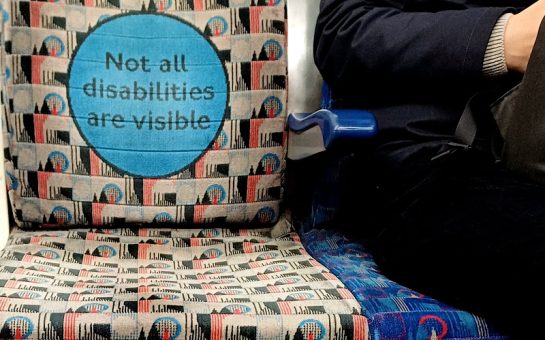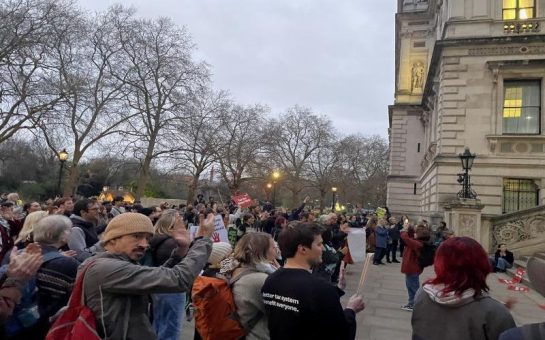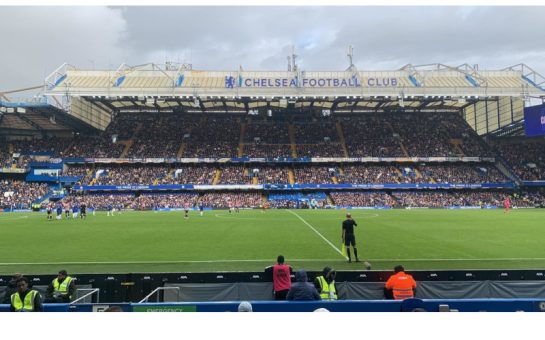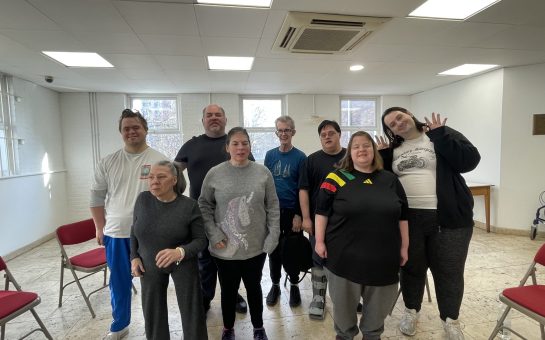A third of women have been verbally abused and a fifth physically assaulted on London’s public transport, revealed a survey released last week.
A poll by YouGov and Thomson Reuters Foundation also showed that women in London felt less safe on public transport than those in comparable metropolises.
London scored 13th on the global ranking of most dangerous transport systems for women, behind the most dangerous Bogota, Mexico City (2nd), Delhi (4th) and Paris (11th) but ahead of Beijing and New York who are 14th and 16th respectively.
The survey discovered that 70% of the nearly 6,300 women surveyed worldwide said that they would feel safer in single-sex areas on buses and trains.
A 21-year-old student, who was groped earlier this week in a Wimbledon supermarket, said: “I was just shopping when suddenly this guy came up to me and grabbed my bum and said “It’s beautiful”.
“I always thought I would be the type of person who would stand up to that sort of disgusting behaviour but I just looked at him in complete shock.”
“I always thought I would be the type of person who would stand up to that sort of disgusting behaviour but I just looked at him in complete shock.”
A Transport for London survey conducted last year showed that 90% of women and girls who have experienced unwanted sexual behaviour on the city’s transport network had not reported the incident.
Many cited a lack of confidence in the authorities to take them seriously as the reason for not reporting their experience.
One of the most notable occasions of unsolicited sexual behaviour was the case of Ellie Cosgrave, who last year wrote about her experience of being ejaculated on during her morning commute on the Northern Line.
“My story is not extraordinary, it’s the common lived experience of women in this country,” she wrote on her blog.
“As I’ve shared my experiences with friends, they’ve come back to me with countless more, most of them repulsive.”
A national campaign called Project Guardian was launched in response to these shocking results in September 2013, which saw police officers receive special training and carry out daily patrols in a bid to boost levels of reporting of sexual offences.
There has been a 20% increase such reporting since the initiative began, and a 32% increase in the number of cases where offenders have been charged or summoned.
While 45% of the women polled in London said that they would feel safer in female-only train carriages, the proposal has received considerable criticism.
Laura Bates, founder of the Everyday Sexism Project, responded to the findings by saying that the idea of women-only cars on trains was the wrong way to address the problem of harassment.
“I think that it’s incredibly insulting to the vast majority of women but it is also failing female passengers not to tackle the problem at its root,” she told the Thomson Reuters Foundation.
Julie Babinard, senior transport specialist from the World Bank, also believed that it would only be a short-term fix.
She said that the growing interest in such initiatives should not be seen as a ‘silver bullet’ for dealing with gender-based violence, adding that they provide a short-term remedy instead of addressing more fundamental issues.
Having single-sex areas on public transport is not a new concept.
In Tokyo, the world’s largest capital, women-only train carriages were first introduced back in 2000 after a survey found that two thirds of female passengers in their 20s and 30s reported that they had been groped on trains.
British Transport Police Assistant Chief Constable Mark Newton said in response to the Thomson Reuters Foundation poll that the authorities were taking the results very seriously.
He urged individuals to step forward if they have experienced harassment or abuse, adding that there is a 50% conviction rate for people assaulted on public transport.
If you find yourself experiencing unwelcome abuse or harassment, report the incident to any member of staff at the station or call British Transport Police on 0800 40 50 40.
Picture courtesy of Nana B Agyei, with thanks




